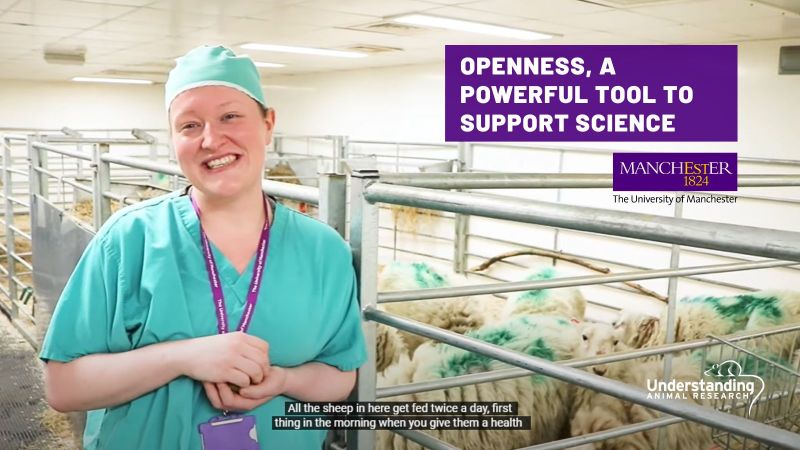Text to go here...
A medicine currently used to treat fungal infections successfully slows tumour growth in mice, according to new research.
Itraconazole is normally used to treat aspergillus, a fungus which causes lung diseases in humans. Now tests on mice have shown that low doses of itraconazole are also effective in fighting cancer.
A team of scientists studied two groups of mice, one of which was given the medication. They found itraconazole was most efficient when administered orally. It affects a signaling pathway known as ‘hedgehog', which helps cells and organs to develop properly, and had fewer side effects compared to other antifungal treatments tested in the study. Although it did not eradicate the tumours altogether, it did prolong the life expectancy of the mice. Mice that did not receive the treatment grew large tumours during the same study period.
Cancer cells can develop if the hedgehog signaling pathway is abnormally switched on. Researchers found that many currently available medicines can affect this pathway so they screened 2,400 to find the best one. They saw that itraconazole stops the activation of the protein SMO which is usually activated by the hedgehog pathway. By preventing the activation and accumulation of SMO proteins, the drug stops tumours from developing and the pathway from proceeding further.
The results suggest that cancer patients could benefit from taking low doses similar to those needed for fungal infections. As it is already on the market, human clinical trials for the use of the medicine in the treatment of tumours can progress at a faster pace than for new medicines. If successful, itraconazole could become a cheap way to boost the effectiveness of other cancer therapies.
Last edited: 11 January 2022 09:44



